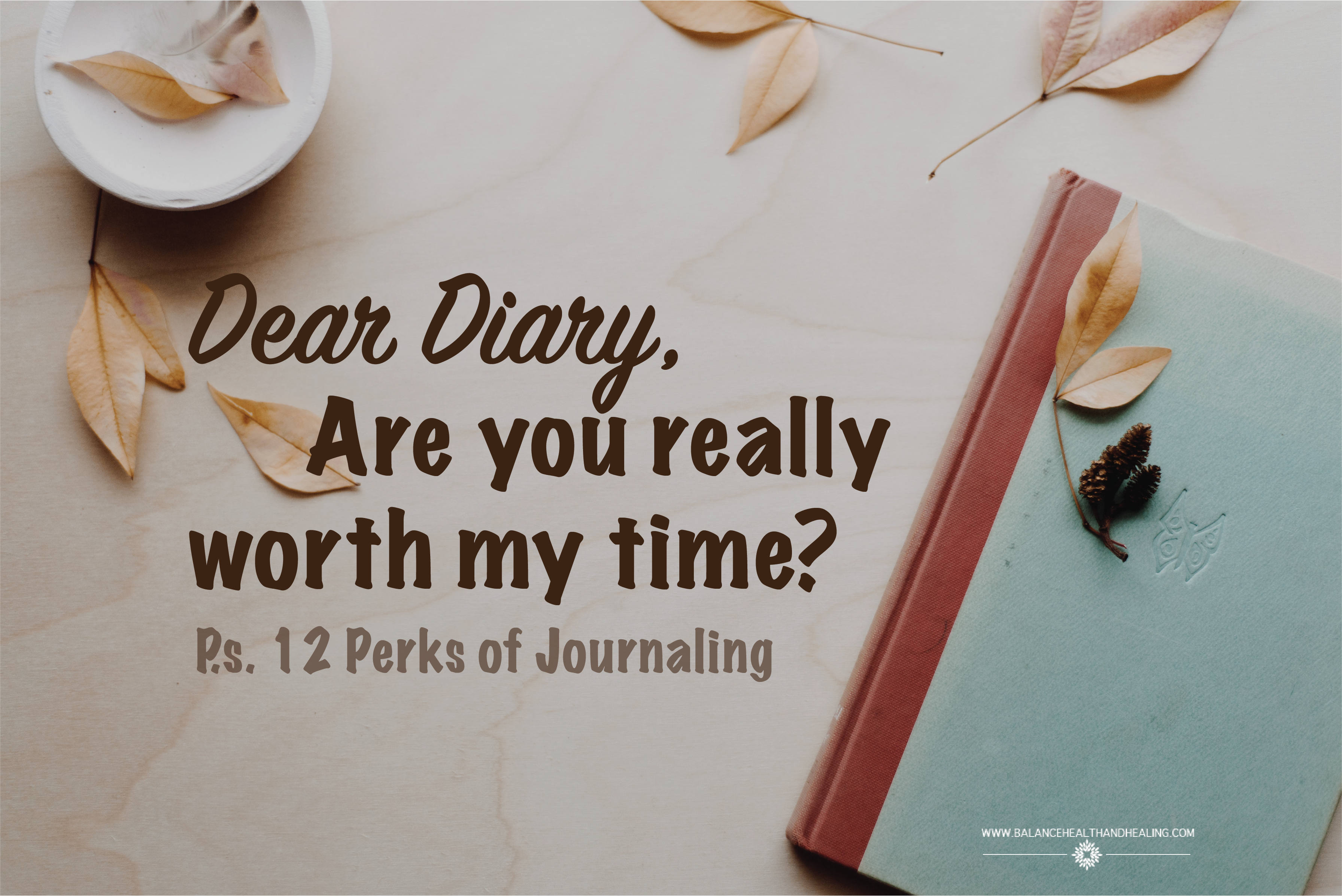I have always been a journal keeper. I still remember my first legit journal: a small, pink journal with a matching pen and lock and key. Though that first journal is long gone, I still remember my bedtime ritual of climbing into bed, carefully unlocking the super secure lock, and carefully recounting my day. It was a chance for me to reflect: What mattered to me? What did I think of my experiences? How was I learning?
Though I and my journals have changed (no more lock and key), the ritual of recounting my days and weeks remains constant. Journal writing helps me gain perspective about my day, my life, and my goals. It provides clarity when I feel lost, grounding when I feel unmoored, and a container when I need to complain. Sometimes I  am desperate to write, to process my day and make sense of my emotions. And other days I resist writing, saying to myself “I don’t have anything to say” even while knowing these are the days I most need to write.
am desperate to write, to process my day and make sense of my emotions. And other days I resist writing, saying to myself “I don’t have anything to say” even while knowing these are the days I most need to write.
Journaling can be daunting. Sometimes we put pressure on ourselves to provide a history for our loved ones. Or we worry that others will read it and so censor our writing. One woman told me she keeps two journals: one for her kids and one just for her. It’s not a bad idea. Sometimes we can feel overwhelmed by our experiences and so the pull of avoidance moves us to Netflix-numbing rather than reflection.
As a psychologist, I am always telling my clients to journal. It’s a simple practice with loads of research support. Check out the following journaling recommendations for the most effective ways to incorporate journaling into your self-care routine.
- Your eyes only! Don’t feel any need to share your journal with others. Write for yourself. This allows you to be candid and honest without filtering or looking over your shoulder (either literally or proverbially). Consider getting a nice journal that you will look forward to writing in. Conversely, get a ratty old notebook. Do what works for you.
- Journaling as a mirror. Journaling allows you to reflect on your day, your experiences, and your responses to life. In this way it allows you a bit of distance from your emotions which can be very beneficial for making sense of your experience. This is a mindfulness practice that cultivates awareness while not getting caught by your emotions. You can hold your experience at arm’s length in order to better understand it and respond mindfully.
- Journaling can be cathartic. Journaling is an excellent way to express your feelings, especially those feelings that may not be very productive if expressed in a relationship. Sometimes you just need to vent, but venting to partners, friends, or colleagues may be ill-advised. Catharsis implies progress though, so be cautious of venting that doesn’t eventually settle down. If you find yourself getting more emotionally stirred up when venting, pause and look for some perspective in the situation.
- Journaling builds self-compassion. When you write, you are acknowledging your perspective and pain. You generate self-compassion for yourself and an appreciation of your challenges.
- Expressing feelings via writing helps you process and overcome adversity.
- Journaling helps you identify your needs so you can ask for what you need.
- Journaling can help you cope with life. Writing about difficult events can help decrease anxiety and anger, boost grades, and reduce absences from work.
- Consistent journaling confers health benefits, including higher T-cell counts, better liver function, and stronger antibody responses.
- Journaling doesn’t have to take long. Even a few minutes of journaling can make a positive difference.
 On those nights I don’t feel like journaling, I tell myself “I only need to write one line.” Inevitably, I end up writing more but I find that keeping expectations low makes it easier for me to stay consistent with journaling and resist the pull of avoidance.
On those nights I don’t feel like journaling, I tell myself “I only need to write one line.” Inevitably, I end up writing more but I find that keeping expectations low makes it easier for me to stay consistent with journaling and resist the pull of avoidance. - Journaling can increase your emotional intelligence. Labeling negative emotions make them easier to cope with, and the more specific the label, the more effective the coping. In essence, journaling helps you wrap your head around your experience, which facilitates the integration process.
- Translating feelings into words empowers you rather than contributing to a sense of helplessness.
- Consider specific journal prompts. There are a lot of online resources that include specific journal prompts to help you generate thoughts and feelings from the day. I currently use a journal that includes eight daily prompts ranging from what did I read or hear today, what am I grateful for, and what do I need to do to move forward on my goals. I really like the structure of the prompts as they cue me to attend to my values and priorities, but some days I just want to free write and so I disregard the prompts all together.
Some caveats: Writing directly after a trauma can be unhelpful as the event may still be overwhelming, so give it a little time or do it under the direction of a therapist. If you don’t like to write, speaking into a voice recorder also works.
Reference
Option B by Sheryl Sandberg & Adam Grant, (2017), New York: Knopf.

